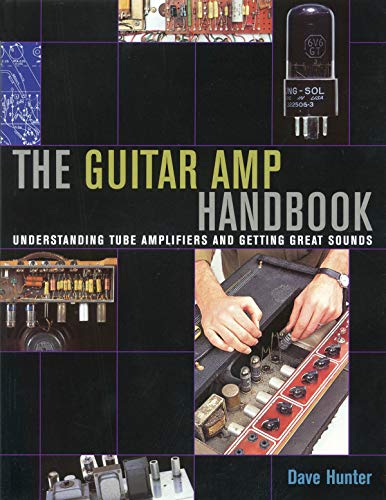jdbakker
Well-known member
[quote author="Michael Krusch"]I read the Wavefront document about 96k over ADAT (http://www.wavefrontsemi.com/UserFiles/File/AL_Info/ADATOptical96KAddendum1.0.pdf). Is this something the converter chips are supporting or do I need an additional processor to scramble the data? Then a 96k converter with ADATA interface will be more complex.[/quote]
Indeed.
For S/MUX, you need to build a multitap digital delay line, which takes a lot of registers. So either have a few dozen HCMOS chips (large, noisy), one or a few CPLDs (less noisy, more complex) or a microcontroller or DSP (even more complex). Wavefront have an appnote for their AL3101 "DSP" to do S/MUX.
For a simple DIY analog-to-ADAT box you may want to stick to 24/48k.
JDB.
[I'd rather have a very good 24/48 ADC than a noisy 24/96 one]
Indeed.
For S/MUX, you need to build a multitap digital delay line, which takes a lot of registers. So either have a few dozen HCMOS chips (large, noisy), one or a few CPLDs (less noisy, more complex) or a microcontroller or DSP (even more complex). Wavefront have an appnote for their AL3101 "DSP" to do S/MUX.
For a simple DIY analog-to-ADAT box you may want to stick to 24/48k.
JDB.
[I'd rather have a very good 24/48 ADC than a noisy 24/96 one]



























![Soldering Iron Kit, 120W LED Digital Advanced Solder Iron Soldering Gun kit, 110V Welding Tools, Smart Temperature Control [356℉-932℉], Extra 5pcs Tips, Auto Sleep, Temp Calibration, Orange](https://m.media-amazon.com/images/I/51sFKu9SdeL._SL500_.jpg)






